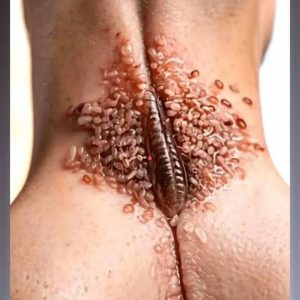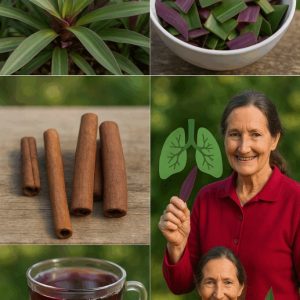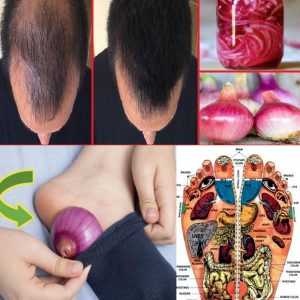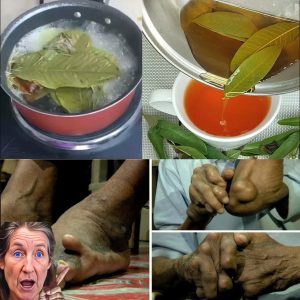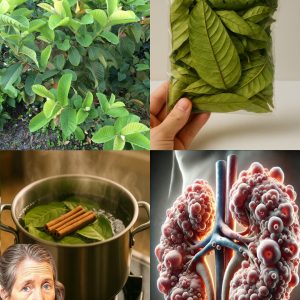Plantain, often mistaken for a simple backyard weed, is actually one of nature’s most powerful healing plants. Found in lawns, fields, and along roadsides across the world, this resilient herb has been used for centuries in traditional medicine. Its scientific name, Plantago major, may sound modest, but its benefits are anything but. Whether you’re a herbal enthusiast or just discovering natural remedies, plantain deserves a place in your wellness toolkit.
One of the most remarkable qualities of plantain is its ability to soothe and heal the skin. It’s commonly used to treat insect bites, minor burns, cuts, and rashes. The leaves contain compounds with anti-inflammatory, antimicrobial, and astringent properties, which help draw out toxins and speed up recovery. Simply crushing a fresh leaf and applying it to the skin can provide almost instant relief — a testament to its nickname: “nature’s bandage.”
But plantain’s healing powers don’t stop at the skin. It also supports internal health. Traditionally, plantain tea or tinctures have been used to ease sore throats, digestive issues, and even respiratory conditions like bronchitis. Rich in vitamins A, C, and K, as well as calcium and other minerals, it acts as a gentle yet effective tonic for the body. Its mucilage content helps coat irritated tissues, making it especially soothing for the digestive tract.
In a world turning back to natural solutions, plantain stands out as a truly miraculous plant hiding in plain sight. Whether you’re looking to build your herbal medicine cabinet or explore more sustainable, homegrown remedies, plantain offers a wealth of benefits — all from a plant that might already be growing in your yard. Embrace the power of this miracle plant and rediscover what nature has known all along.
